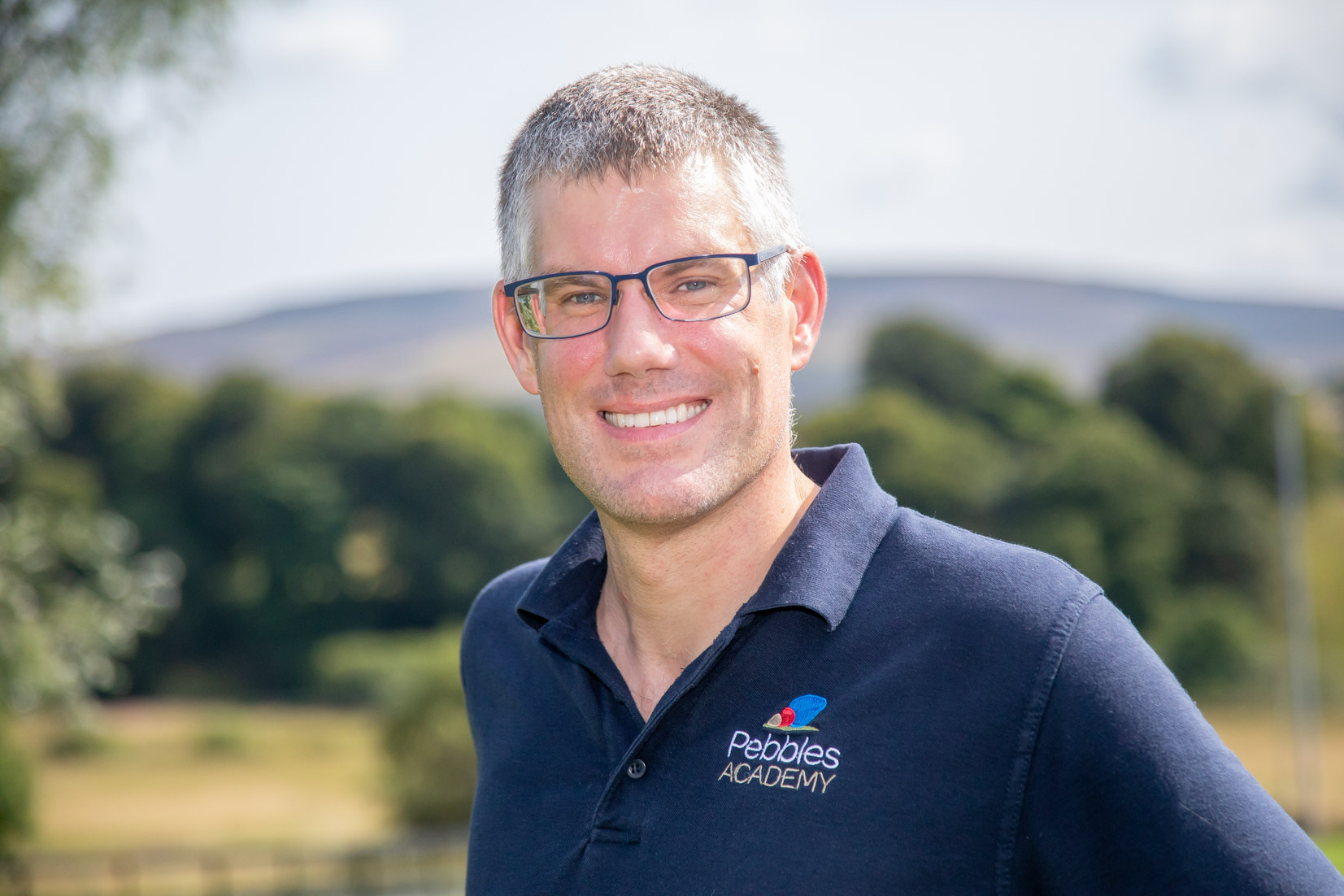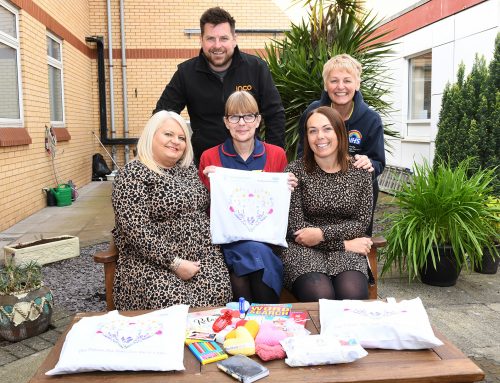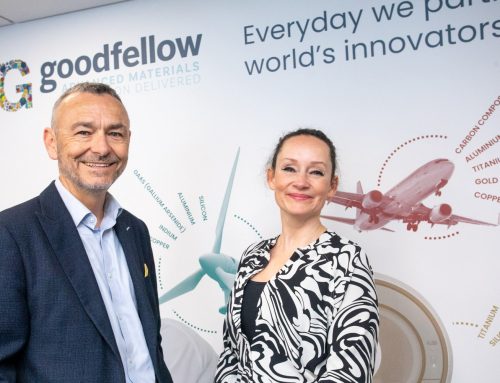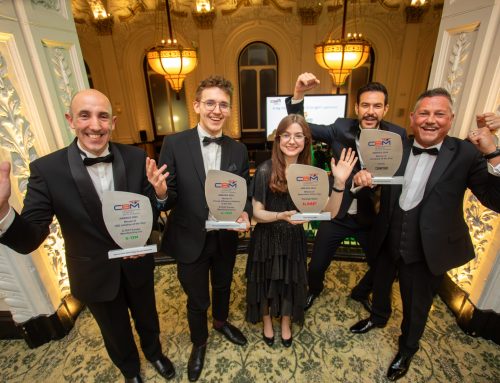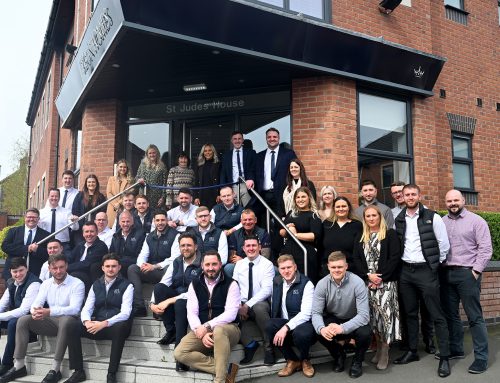A new model for pupils who have had interrupted learning or have negative perceptions of education due to their traumatic past has been launched by Dunfermline-based Pebbles.
The UK’s leading provider of bespoke and therapeutic care for young people has spent more than £30,000 over the last twelve months developing Adapt Learning, a dynamic and inclusive approach that looks to deliver a 5-part curriculum that focuses on academic, enrichment, engagement and social, emotional and mental health.
Initially, the model will be available to children accommodated in its homes in Scotland and its two schools in Muirkirk and Dunfermline, with the plan to expand this to Cumbria and Yorkshire in April and September respectively.
By the end of 2022 every young person in the care of Pebbles will have the opportunity to access Adapt Learning to some extent; some in the schools full-time, some with a blended bespoke package, and some with specific activities to fit around their existing care and education arrangements.
“Elements of what has become Adapt Learning came about through necessity during Covid-19 lockdown,” explained Richard Graveling, Head of Education at Pebbles.
“Through monthly tracking of wellbeing indicators and levels of skills development through our unique skills framework, we identified improved outcomes and accelerated progress through blended learning, particularly online learning and education at home supported by skilled care professionals.”
He continued: “Using this data we were able to develop and pilot five learning pathways and the adapted, blended approach has led to improved outcomes for most of our learners.
“The aspiration is that young people physically attend school for twenty-five hours per week, but we know the reality is that most of the individuals in our care need significant support and flexible pathways to achieve this over a period of time.”
Adapt Learning offers full-time education to young people where previous school placements have broken down or been ineffectual due to a significant level of trauma impeding their integration into a traditional school model.
A typical timetable will focus on three sessions per day, split into core skills development, themed learning and enrichment activities and vocational skills development. This could see the young people study English language and maths, then take part in Prince’s Trust Activity and equine therapy.
There is even the opportunity to volunteer in the community, speech and language therapy and yoga for trauma.
In order to successfully roll out the new model, Pebbles has invested in IT equipment and resources, providing laptops for all pupils and increasing tablets in its homes to support young people undertaking activities remotely.
There has also been investment in Kinteract and Playback Ice software, which allows for tasks to be allocated to pupils when they are not in school and assists with their personal development.
“Therapeutic approaches are very much at the centre of Adapt Learning and that is not always the case when it comes to education. We have built in Cognitive Behaviour Therapy and a range of other therapies specific to individuals as an integrated part of the curriculum, completing more traditional learning in the process,” added Richard.
“All of our staff, education and care are trauma and ACEs aware and all practice Therapeutic Parenting; a recognised, established and consistent approach to nurturing and caring for young people.”
A special webinar was held recently to introduce Adapt Learning to education and care professionals across the UK.
It set the context of education for care-experienced young people compared to traditional models, giving a rationale and the evidence to support change, introducing this innovative approach and how it will provide life-changing learning opportunities.
The online session also talked about the five-part curriculum, bespoke pathways and how the principles of nurture help to support and accelerate progress.
For further information, please visit www.pebblescare.com.

